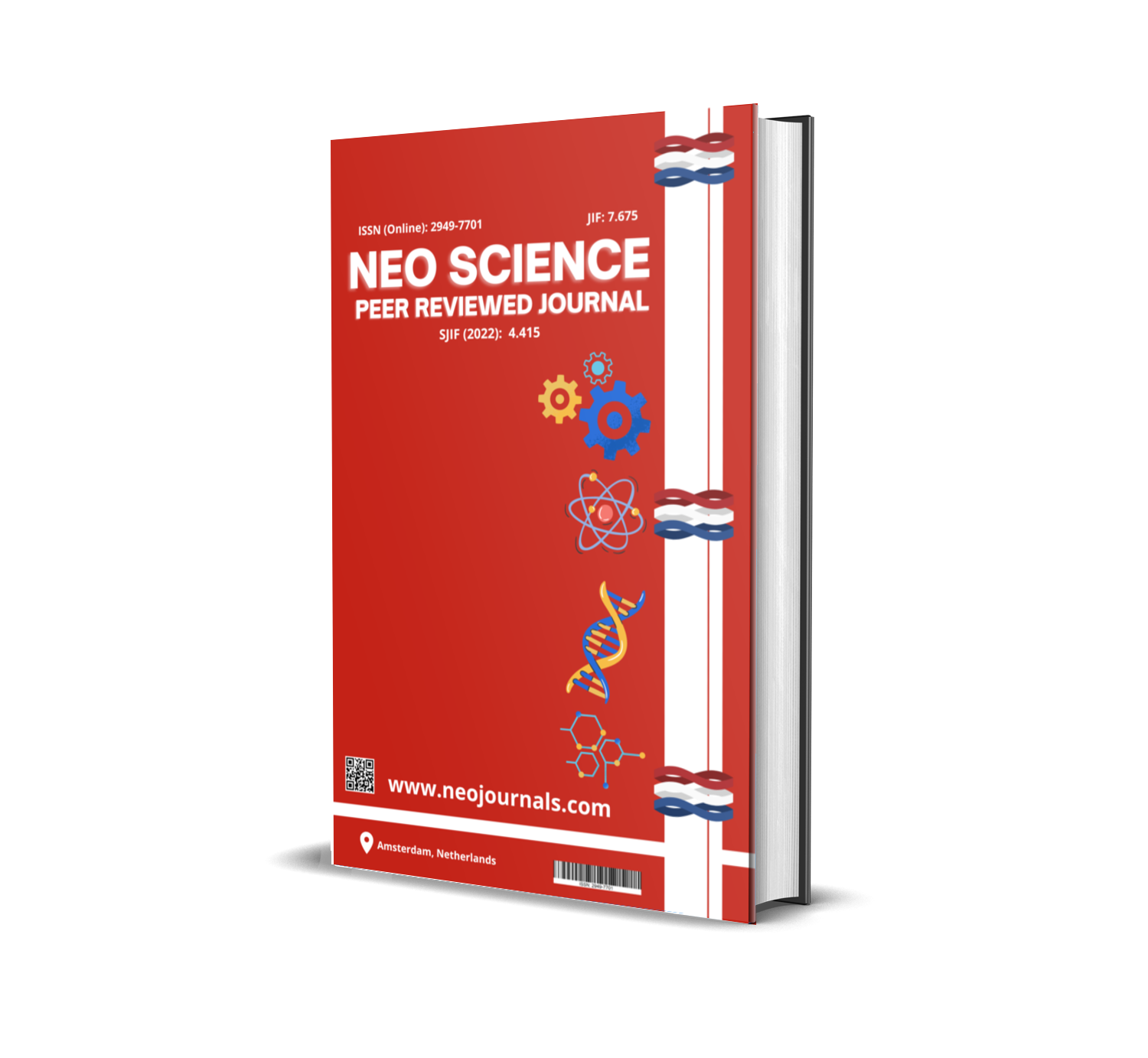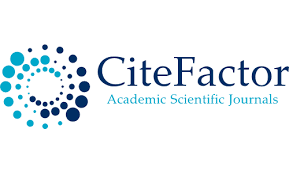TRUST AND EMPLOYEES’ CREATIVITY IN NIGERIAN UNIVERSITIES
Keywords:
Trust, Employees’ Creativity, Nigerian Universities, Niger Delta Region, NigeriaAbstract
This study examined the relationship between trust and employees’ creativity. The sample for the study consists of 354 randomly selected academic members of staff (both teaching and non-teaching) from the five purposively drawn Federal Government-owned Universities in the Niger Delta Region of Nigeria. A quasi-experimental research design was used, and data were collected through a cross-sectional survey using a questionnaire. The Spearman Rank Correlation Coefficient using the Statistical Package for Social Sciences (SPSS) Version 15 was used for data analysis. The findings indicate the existence of a positive and significant relationship between trust and employees’ creativity in Nigerian universities. Specifically, all the dimensions of trust (competence-based trust, openness-based trust, reliability-based trust and consistency-based trust) were revealed to have a positive and significant influence on the various measures of employees’ creativity (expertise, creativity-thinking skills, and intrinsic task motivation respectively) in Nigerian universities. Based on the findings, the study concludes that trust enhances employees’ level of creativity in Nigerian universities. Specifically, the study concludes that competence-based trust, openness-based trust, reliability-based trust and consistency-based trust respectively play significant roles in enhancing employees’ expertise, creativity-thinking skills, and intrinsic task motivation. Given these results, it behoves the management of Nigerian universities to continuously ensure and promote trust in the work environment as this is capable of enhancing and igniting the spirit of creativity amongst the employees within the University system in terms of their expertise, creativity-thinking skills, and intrinsic task motivation. Other theoretical and managerial/practical implications for promoting trust and enhancing employees’ creativity in the Nigerian university system are also presented.
Published
Issue
Section
License

This work is licensed under a Creative Commons Attribution-NonCommercial 4.0 International License.







